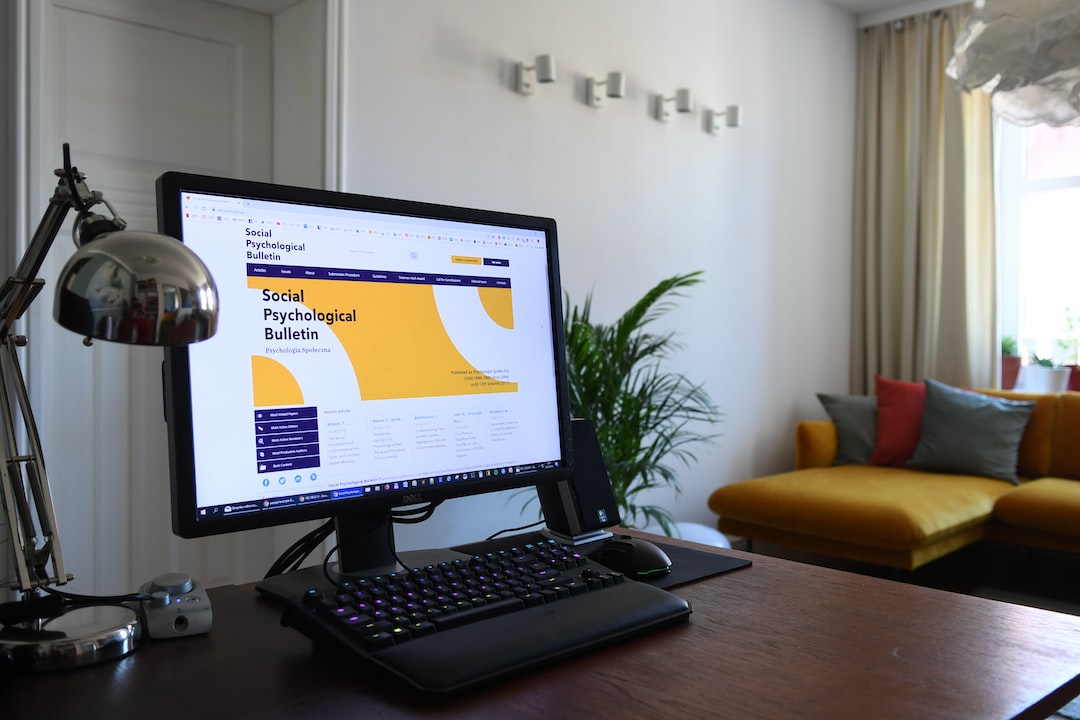Investing in a fixer-upper property can be a tempting decision for many people who are looking to get into the real estate market. However, like any investment, there are both pros and cons that come with purchasing and renovating a fixer-upper property. In this article, we’ll take a look at some of these pros and cons to help you decide if this type of investment is right for you.
Pros
1. Lower purchase price: The main advantage of investing in a fixer-upper is the price. These properties are generally priced significantly lower than fully renovated or move-in ready homes. This means you’ll be able to get more bang for your buck and potentially make a higher profit when you sell the property.
2. Customization: Another advantage of investing in a fixer-upper is the ability to customize the home to your liking. You get to choose everything from the paint color and fixtures to the layout and design. This allows you to create the perfect home for you or for a potential buyer.
3. Potential for high return on investment: If you put in the time, money, and effort to fix up the property, you could potentially make a high return on investment. Once the property is fully renovated, you could sell it at a higher price than you originally paid for it which could provide a significant profit.
Cons
1. Hidden costs: Fixer-upper properties can have unexpected costs that add up quickly. While you might have a budget to cover major renovations, there could be hidden costs like structural issues or mold that you weren’t aware of. These can cost a lot of money and time to fix.
2. Time consuming: Fixing up a property takes time and effort. Depending on the extent of the renovations needed, you could spend months or even years working on the property before it is move-in ready. This could be an issue if you are looking to flip the property and make a quick profit.
3. Risky investment: Investing in a fixer-upper is inherently risky. There is no guarantee that you’ll see a return on investment, especially if you run into unexpected difficulties or the housing market takes a downturn.
Conclusion
Investing in a fixer-upper property can be a great way to get into the real estate market and potentially make a high return on investment. However, it’s important to weigh the pros and cons before investing in this type of property. Make sure you have a realistic budget and timeline for renovations, and be prepared for unexpected issues that may arise. If you have the time, money, and patience, investing in a fixer-upper could be a wise choice for you.

